European markets have been experiencing a tense situation for several weeks as the supply of Spanish vegetables, including tomatoes, has been under pressure due to the effects of low temperatures in the south of the continent.
"We are getting requests for tomatoes from everywhere," stated Marcelo Rodriguez Quintana, general director of the Canarian agricultural cooperative Coagrisan. "However, even we are out of supplies because the weather has also been adverse here."
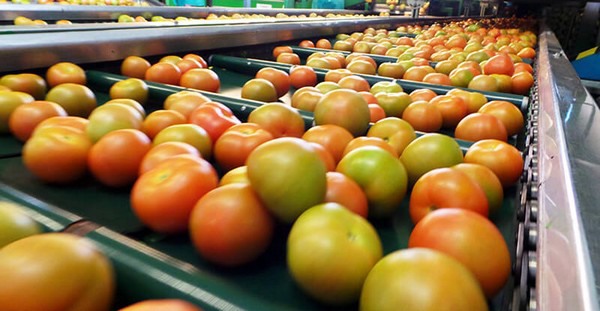
"Not only did the weather affect us directly, but it also favored the appearance of mildew. Since the end of September, temperatures and humidities have been high. We've been almost three months without wind, and the fungus has affected 25% of the production so far. In fact, we had to uproot about 20 hectares of tomato."
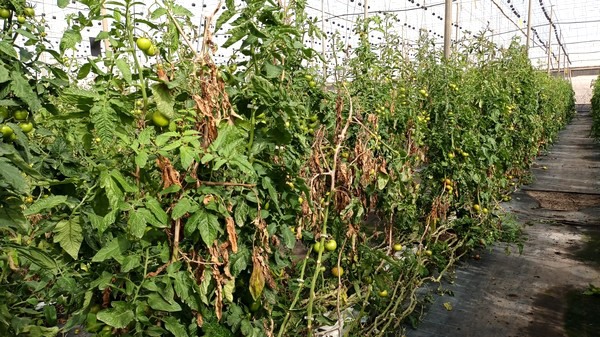
This is the second non-consecutive year that there have been significant outbreaks of mildew on the island of Gran Canaria, and farmers have increasingly fewer weapons to fight this disease and other issues, Marcelo stated. "I totally agree that we must move towards greener agriculture. We at Coagrisan have been using integrated pest and disease control for years. However, we've noticed how Europe is increasingly restricting the use of plant protection products and active materials while limiting the number of applications per campaign. As a result, diseases or pests that didn't use to be a problem to control, such as mildew or the microscopic spider, could start being an issue."
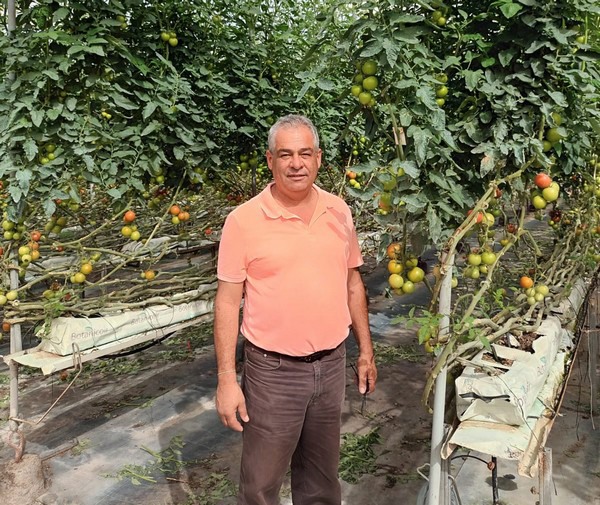
"Despite this, we at Coagrisan continue to think that the tomato is one of the most profitable crops on the Canary Islands. It's true that we need a series of aids or compensations such as transport - which are 75%, when they should be 100%– to take tomatoes to the peninsula, specifically to the port of Cadiz, because we are further away from Europe and recognized as an outermost region. Thanks to these aids, we can maintain competitiveness against imports from Morocco or Turkey, which do not belong to Europe, are not governed by our rules, and therefore have lower production costs than us. Their labor costs are much lower than ours. A day's work in those countries costs what we pay our workers for a few hours. Labor costs, it's worth noting, account for 60% of the production cost of a kilo of tomatoes. In addition, these countries do not comply with the same quality, environmental sustainability, social policies, and food health standards that European producers have," Marcelo stressed.
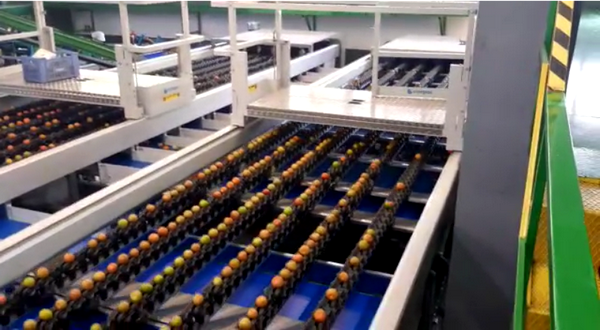
"However, if we want the Canarian tomato to continue to have a future, we'll have to focus on winter production. Our productions would have to focus on the months of November to April, which is when we can compete with tomatoes from the rest of the production areas because we have the advantage of having a more benign climate." This year, in fact, the European markets have been affected by a lack of tomatoes because of a cold snap that has made Europe tremble on many levels. "We should take advantage of that niche with more productive varieties, but always of the Canarian tomato type."
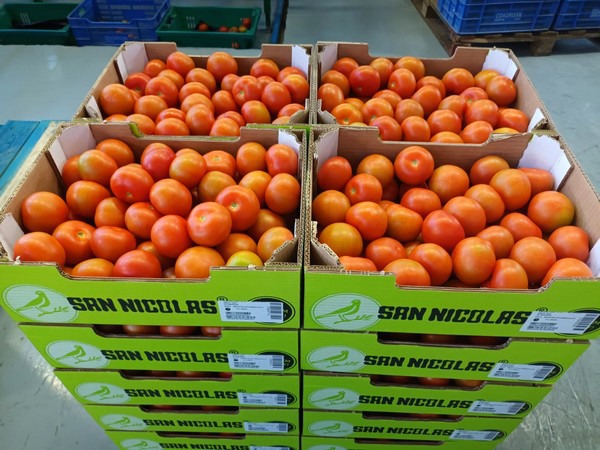
"It's a shame that that name wasn't better defended," Marcelo stated. The Canary Islands tomato has had such weight in the European export market that it has even left a name of its own, despite having experienced a notable drop in production in recent years (according to MAPA data, the production fell from more than 95,400 tons in 2015 to less than 54,000 in 2021), and the Canarian Government continuous aid for the conversion of tomato farms. Today, consumers can find "Canarian tomato" in markets all over the continent, which, unfortunately, wasn't produced in the greenhouses of the archipelago.
"We should fight for a PGI so that the name 'Canarian tomato' used to designate the round tomato, which is so well appreciated by customers and consumers, can only be used for the tomato that is actually grown on the Canary Islands."
For more information:
Coagrisan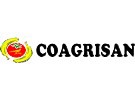
C/ María Eugenia Márquez Rodríguez, 4
35470 La Aldea de San Nicolás
Las Palmas (Islas Canarias)
Tel.: + 34 928 890 955
https://coagrisan.es/
